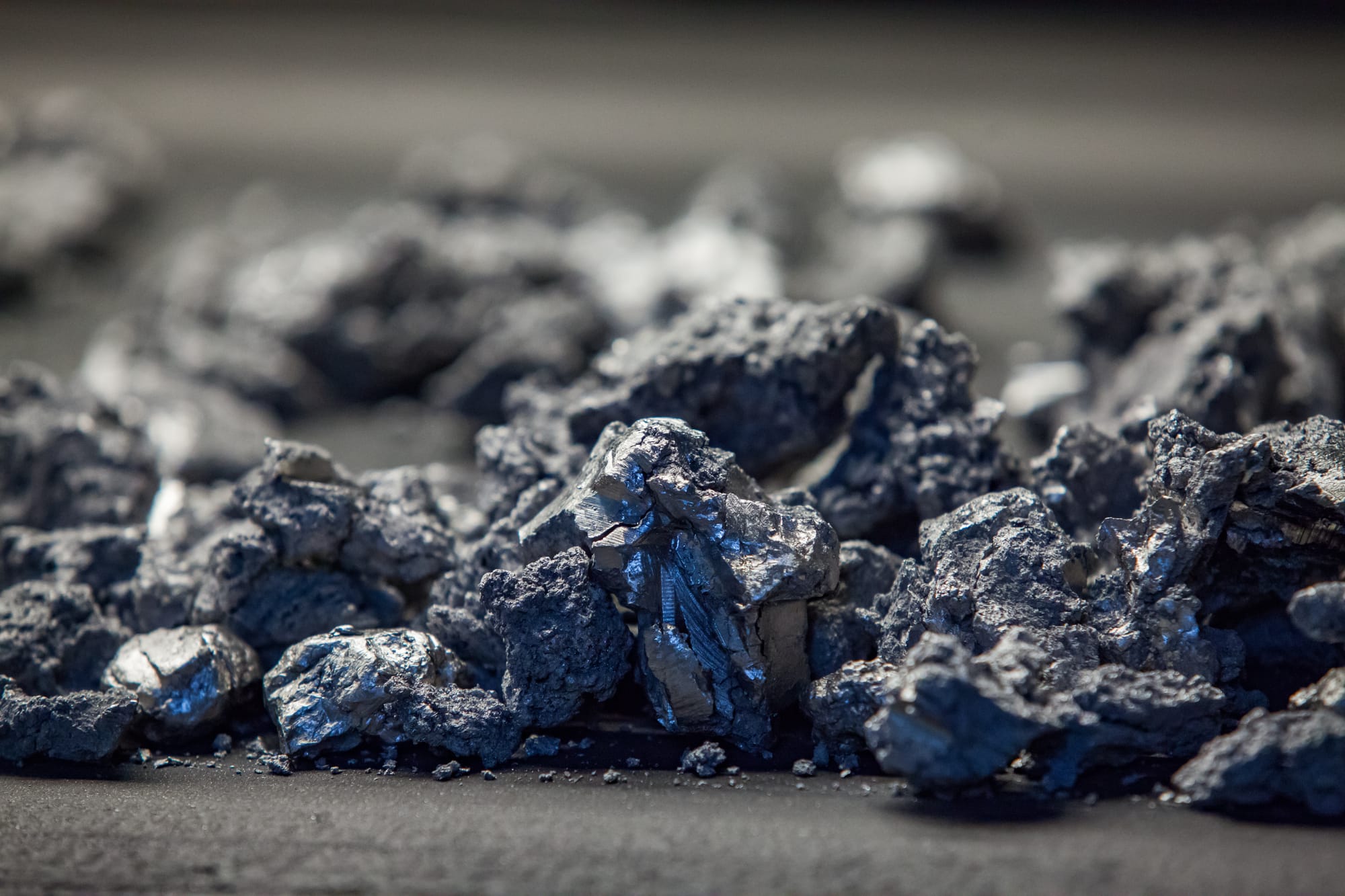The combination of sanctions on Russia’s VSMPO-AVISMA and the decline in Ukraine’s titanium exports has created potential bottlenecks in the supply chain.
Introduction
Titanium’s exceptional strength-to-weight ratio and corrosion resistance make it indispensable across various industries, notably aerospace, medical devices, and automotive manufacturing. However, the titanium supply chain faces several challenges, including increasing demand, reliance on critical components like vanadium, and geopolitical factors. Recent initiatives aim to address these challenges and enhance supply chain resilience.

Demand Dynamics
Approximately 94% of the world’s titanium production is dedicated to titanium dioxide (TiO₂), a white pigment extensively used in paints, coatings, plastics, and cosmetics due to its brightness and high refractive index. The remaining 6% is utilized in the production of titanium metal and alloys. Consequently, the price of titanium metal is significantly influenced by the demand for TiO₂. 
In the vanadium sector, only about 5% of global production is used in the form of vanadium-aluminum (VAl) master alloys for titanium alloy production; the majority is consumed in the steel industry. Therefore, vanadium prices are more closely tied to the steel market’s fluctuations than to the aerospace sector’s demand for titanium alloys.
Geopolitical Factors and Supply Chain Vulnerabilities
A significant portion of the world’s titanium sponge production comes from countries like China, Japan, Russia, Kazakhstan, and Ukraine. Geopolitical tensions, such as the conflict between Russia and Ukraine, have led to international sanctions affecting titanium exports. For instance, sanctions on Russia’s VSMPO-AVISMA, a major titanium producer, have disrupted supply chains, leading to shortages and increased prices. 
Ukraine’s titanium industry has also been significantly impacted by the ongoing conflict. In 2022, the export of titanium ores from Ukraine decreased by 41.8% year-over-year, totaling 322.1 thousand tons. This decline is attributed to the military aggression of the Russian Federation against Ukraine, which has adversely affected mining operations and production capabilities.
Market Outlook
The global titanium sponge market for aerospace and defense was valued at approximately $1.72 billion in 2024 and is projected to grow to $1.79 billion in 2025, reflecting a compound annual growth rate (CAGR) of 4.2%. This growth is driven by the aerospace industry’s focus on aircraft weight reduction to improve fuel efficiency and performance.
However, the rise in natural gas costs, tepid economic conditions, and weak performance in downstream industries have led to a decline in titanium sponge prices. Analysts estimate that prices will continue to decrease in the upcoming quarters due to stagnant demand in the construction and automotive sectors.
Strategic Initiatives to Strengthen Supply Chains
To mitigate these challenges and reduce dependence on external sources, several initiatives have been undertaken:
- Finland’s Mustavaara Project: Strategic Resources Inc. announced that Finland’s Mustavaara Project has been selected to participate in AVANTIS, a €5 million study funded by the European Union. This study aims to explore new extraction methods for vanadium and titanium, enhancing the EU’s self-sufficiency in these critical minerals.
- Saudi Arabia’s Titanium Production: Tasnee, through its Advanced Metals affiliate, could produce approximately 15,600 tons of titanium sponge annually, accounting for about 7% of global production. The company operates a titanium sponge plant in Yanbu Industrial City, established as a joint venture with Japan’s Toho Titanium Co., Ltd. This facility positions Saudi Arabia as a significant player in the titanium industry.
- Japanese Producers: Japan’s Osaka Titanium Technologies Co., Ltd. (OTC) and Toho Titanium Co., Ltd. are among the principal suppliers of high-quality titanium sponge. Their established production capabilities and technological expertise make them reliable sources for global markets, including Europe.
Conclusion
The titanium supply chain is confronting significant challenges due to rising demand, critical component dependencies, and geopolitical tensions. The combination of sanctions on Russia’s VSMPO-AVISMA and the decline in Ukraine’s titanium exports has created potential bottlenecks in the supply chain. Initiatives like Finland’s Mustavaara Project, Saudi Arabia’s increased production through Tasnee, and the established capabilities of Japanese producers represent proactive steps toward enhancing supply chain resilience and reducing external dependencies. By investing in sustainable extraction methods, fostering international collaborations, and diversifying supply sources, the industry can navigate these challenges and ensure a stable supply of this vital material.
Schedule a Consultation
Navigating the complexities of the titanium supply chain requires informed strategies and expert guidance. Our team specializes in providing tailored solutions to help businesses manage these challenges effectively. Contact us today to schedule a consultation and discover how we can support your organization’s success in this critical sector.





